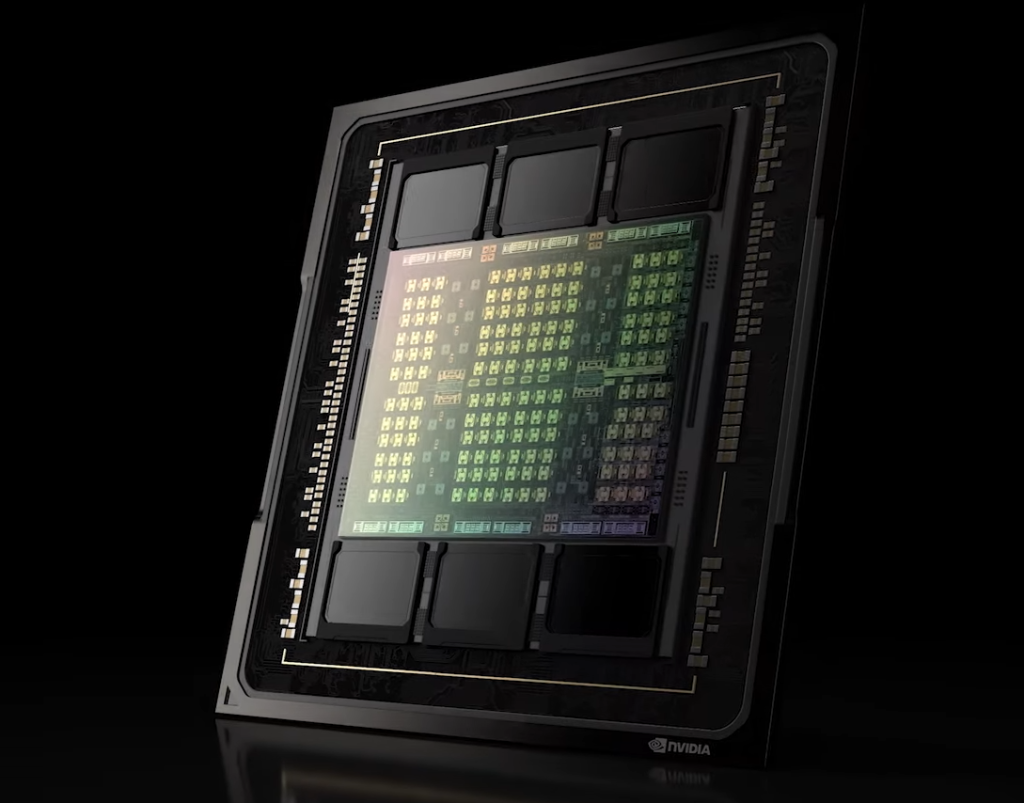Nvidia has revealed new research demonstrating how AI can be utilized to optimize chip design. This groundbreaking research could potentially change the way chips are designed, ultimately leading to improved cost, speed, and power consumption for the semiconductor industry. Here are the details…
Nvidia Unveils AI-driven Breakthrough in Chip Design Optimization
The process of designing a chip entails deciding the precise placement of tens of billions of tiny transistors on a silicon substrate. This positioning of transistors significantly impacts the chip’s cost, speed, and power consumption. Chip design engineers typically use sophisticated design software from companies like Synopsys and Cadence Design Systems to optimize transistor placement.

On Monday, Nvidia released a paper detailing how they used a combination of AI techniques to improve the placement of large transistor groups. This research builds on a previous effort by the University of Texas, which employed reinforcement learning. Nvidia added a second layer of AI to enhance the results further. Nvidia’s research aimed to improve upon a controversial 2021 paper by Alphabet’s Google. Nvidia’s approach combined reinforcement learning with an additional layer of AI to achieve superior results in optimizing transistor placement, thereby improving chip performance.
Nvidia Chief Scientist Bill Dally underscored the importance of this work, as manufacturing improvements in the chip industry have begun to slow down. Contrary to Intel co-founder Gordon Moore’s famous prediction that chips would continually become cheaper and faster, per-transistor costs in new chip manufacturing technologies are now higher than in previous generations. Dally explained, “You’re no longer actually getting an economy from that scaling. To continue to move forward and to deliver more value to customers, we cannot get it from cheaper transistors. We have to get it by being more clever on the design.”
This AI-driven breakthrough in chip design optimization holds significant potential for the semiconductor industry. As manufacturing improvements slow, companies must explore innovative methods to deliver better performance and value to customers. Nvidia’s research on utilizing AI for improved chip design could pave the way for a new era of optimized, high-performance semiconductor solutions.
RELATED:
- Redmi Note 12 5G vs Redmi Note 12 4G: Specs Comparison
- Nubia Z50 Ultra Full Review: Men will definitely love it
- Xiaomi Declares Price War Against OnePlus in China, with brand’s Latest Redmi Note 12 Turbo
- Tecno Spark 10, Spark 10C Key Specifications Officially Revealed
- Nvidia unveils new AI Supercomputing Cloud Service
(via)







